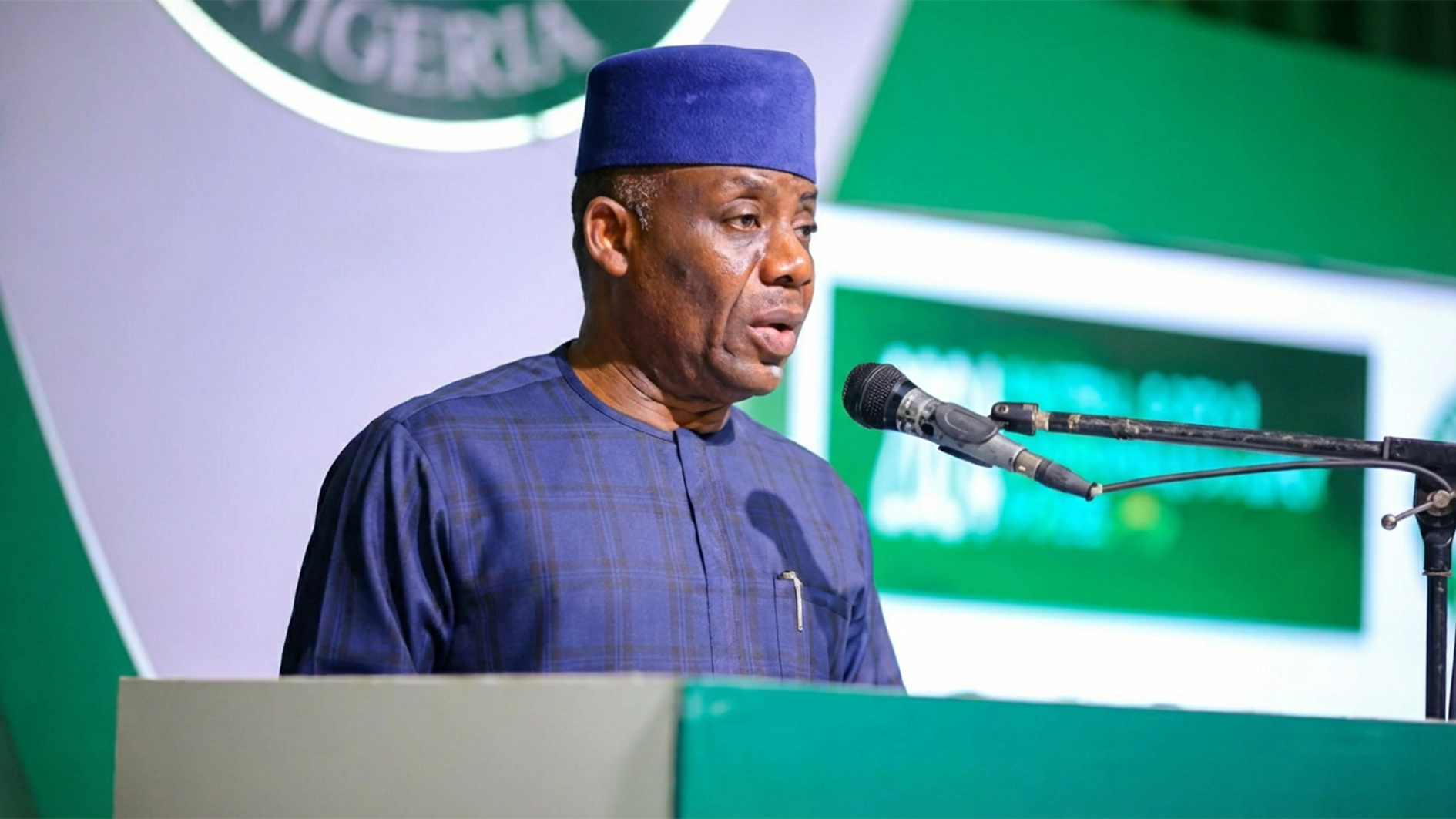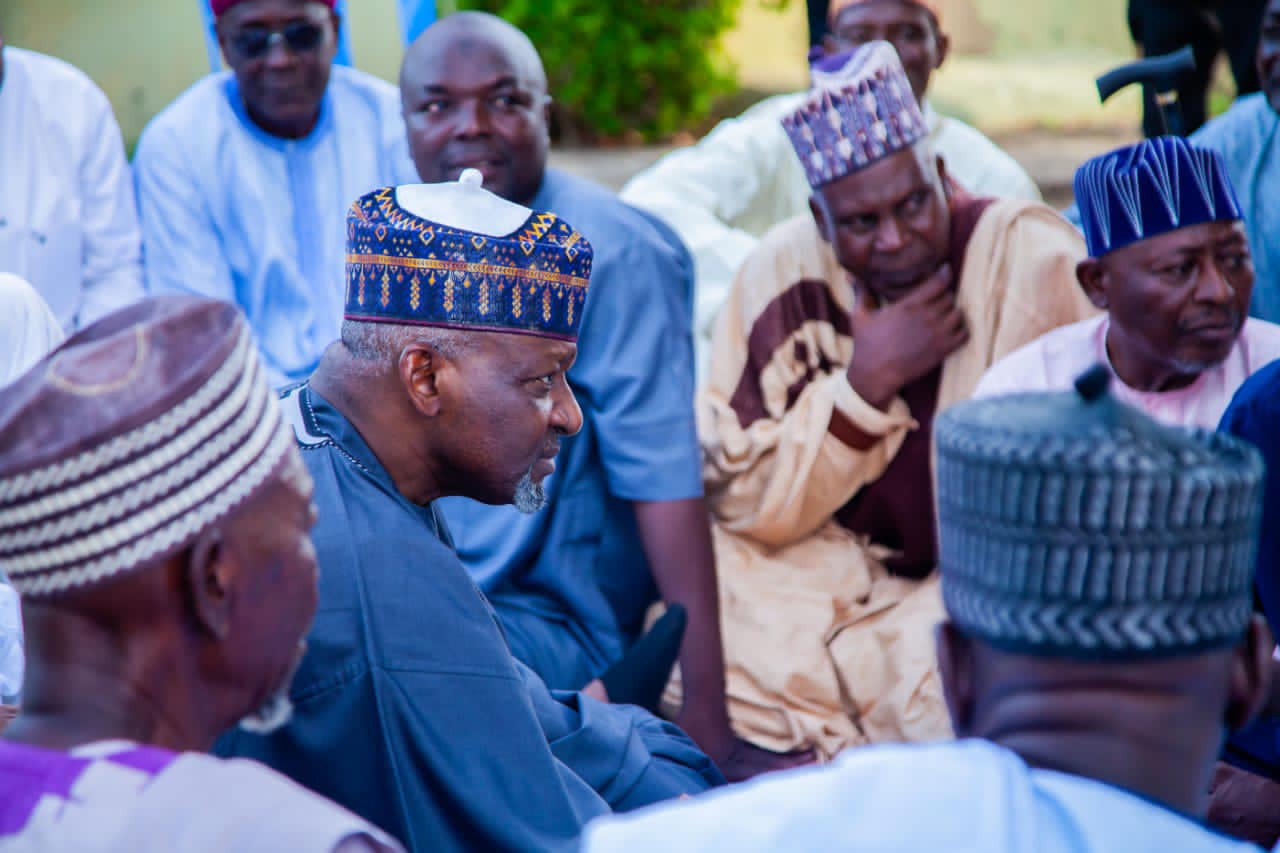A leading all-boys day school in Lekki, Lagos, recently celebrated its 25th anniversary with a Catholic Mass and Gala, underscoring a quarter-century commitment to an educational philosophy that places parents at the core of student formation.
The institution, Whitesands School, established as a project of the Ikota Educational Foundation (IEF), openly acknowledges the role of the Catholic Prelature of Opus Dei in providing the spiritual framework that underpins its model.
Current Principal, Emeka Enemuoh, presided over the celebrations, which saw a large gathering of stakeholders, including parents, staff, and founding members of the Board of Trustees. Enemuoh explained that the school’s success rests on promoting a “family-oriented education,” rooted in the belief that parents are the “first educators” of their children.
The school views its staff and teachers as operating by delegation from the family unit, thus mandating deep parental involvement. This unique approach focuses on integral education, a holistic development that educates the “head, the heart, body, and the soul.”
To achieve this, the school operates a robust advisory system where every student is assigned a staff member who acts as a mentor and “best friend.” This advisor meets with the student every two weeks and the parents once a term, ensuring constant, close collaboration.
The principal also emphasised the school’s commitment to instilling freedom and responsibility in the boys, pointing to the optional nature of religious attendance, a “mass/study” option, and a strong recommendation for parents to give their children accountability chores at home. He noted that while Opus Dei guarantees the spiritual formation, the IEF, a non-profit set up by individuals, remains the legal owner of the school.
Enemuoh proudly pointed to the institution’s success, evidenced by alumni who have gone on to prestigious universities like Harvard and Imperial College, among others. He further highlighted the defining strength of the school as the active return of alumni to mentor current students and the recent profound influence of parents in upgrading infrastructure, such as one parent re-roofing the entire school and others providing air conditioners and CCTV systems.
Instead of a traditional PTA, which he believes can be difficult to focus owing to large gatherings, the school opts for smaller Parents/Teacher-In-Charge (TIC) meetings to discuss specific class issues.
Enemuoh recommended this model, designed as a “neighborhood school,” for adoption by other institutions, particularly government schools, which he feels often sideline parents, stressing that effective student formation requires collaboration between the school and the family.
The current admission count stands at 570 students, nearing the maximum capacity of 600. Providing historical context, Lorenzo Manuel David, the founding director and former principal who retired in 2022, detailed the philosophy’s three core pillars: integral formation covering all aspects of personality development; a personalised approach ensuring each student is seen as an individual, supported by the extensive advisory system where 60 to 70 staff act as counselors; and the pivotal role of parents as the first educators.
Mr. David affirmed that this is a school “with a strong vision and mission,” a model unique in Nigeria, only replicated by sister schools like Lagoon School and newer projects in Enugu. He shared a powerful testimonial, promising parents that the top ten per cent of the graduating class consistently achieves a first-class degree or the equivalent summa cum laude from universities globally.
He also reinforced the decision to avoid the PTA structure, describing it as often becoming a “parallel government,” favouring instead the collaborative model where advisors maintain direct contact with parents.
The long-term impact of this training was affirmed by Hon. Tosan Ayokunmi Wellchair, who served as the school’s third Head Boy and graduated in 2008. Wellchair, who now works with the Apapa Council government, credited Whitesands with providing him with strong moral values and the confidence to succeed.
He spoke on the ongoing efforts within the alumni body to strengthen their network and contribute meaningfully, including private discussions to establish a bursary or scholarship fund to sponsor children’s attendance. Addressing national issues, he urged Nigeria to focus on youth empowerment through skills training, especially in digital literacy like AI, alongside agriculture.
The parental faith that enabled the school’s beginning was reflected in the account of Ebiyemi Pinnick, father of Raymond Amanze Pinnick, the very first student admitted in 2000. Pinnick recounted the initial trepidation of enrolling his son in a site that was still under construction, a decision some friends deemed “careless.”
Yet, he concluded that his initial leap of faith was profoundly rewarded. While he recalled the early students being “very, very playful,” he realized the staff were successfully “building character.” He shared a memorable encounter after COVID-19 with an alumnus from the second set, whose maturity and “forward looking” ideas impressed him to the point of being “more mature than some of my colleagues” in his 70s.
Both Enemuoh and Wellchair addressed the growing influence of Artificial Intelligence (AI) in education. The principal stated that AI is still developing but should be embraced, not as a replacement, but as an instrument to transform society, urging teachers to begin learning how to work with it.
Wellchair concurred, viewing AI as a tool that could allow students to do deeper research and encourage them to “think” rather than simply “regurgitate” information.
However, he warned that it remains a “double-edged sword” and emphasized that teachers, as “experts,” would be essential in guiding students through its use, effectively making AI a “teacher assistant” in the learning process.






